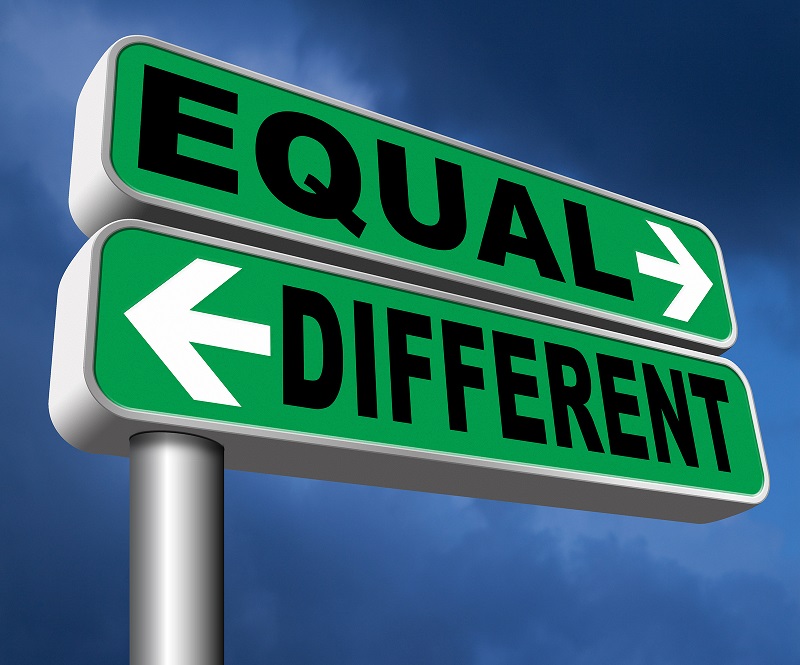What Constitutes Workplace Misconduct?
The term "workplace misconduct" is a far-reaching one, which can be used to describe wrongdoing ranging from criminal offenses (sexual assault, theft, etc.) to general misconduct like making inappropriate comments at work. In certain instances, an employee’s rights can be violated in such a way that an act of workplace misconduct may lead to a lawsuit against the employer. Here is a closer look at the types of workplace misconduct that can give rise to legal action.
What Constitutes Workplace Misconduct
Workplace Discrimination
Both federal law and Arizona law prevent employees from workplace discrimination based on their protected class status. This includes discrimination based on:
Sex and sexual orientation
Race
National origin and/or citizenship status
Religion
Age
Disability
Genetic information and HIV discrimination
As such, any workplace misconduct that discriminates on the basis of an employee’s protected class may lead to an eventual lawsuit against the employer.
Prohibited Retaliation
Arizona employees are protected from unlawful retaliation by both federal and Arizona law (A.R.S. 23-1501).
Here are a few of the most common ways an employer may engage in unlawful retaliation:
The employee suffered retaliation or termination for reporting unlawful company or employee activities
The employee was punished for taking leave that is allowed under federal law, Arizona law or the company’s own internal policies
The employee was retaliated against for making a “good faith” complaint that discrimination, harassment or similarly unlawful behavior occurred
If you have reason to believe that these unlawful behaviors or any other improper behavior rose to the level of prohibited retaliation, talk to an Arizona workplace retaliation lawyer to receive the legal protections you are entitled to enjoy in the workplace.
Sexual Harassment
The EEOC reports thousands of sexual harassment incidents in the workplace each year, making this form of workplace misconduct one of the most common causes of legal action for mistreated employees.
In Arizona, sexual harassment can involve the following forms of unwanted physical, verbal or visual misconduct:
Stalking
Inappropriate touching
Making inappropriate sexual comments or confiding unwanted, inappropriate information
Bullying in a sexual manner
These behaviors give rise to legal action based on a hostile work environment if the misconduct causes pervasive harassment for a victim at work.
Additionally, quid pro sexual harassment may occur if the harassment victim is harmed in a financial way. Quid pro sexual harassment may occur if:
The victim is promised financial benefits, such as a promotion or pay increase, for accepting unwanted sexual advances
The employee is threatened with demotion for refusing to indulge or accept a sexual advance
The employee is actually demoted or punished in some other way for refusing a sexual harassment perpetrator’s advances
If you have been a workplace victim of sexual harassment in any way, discuss your claim with a Phoenix employment lawyer who will protect your right to be free from harassment and unwanted workplace advances.
Can Bullying Be Illegal?
Based on research conducted by Dr. Judy Blando of University of Phoenix, nearly 3 out of 4 employees reported they have been affected by bullying. This is disheartening finding, but despite the frequent nature of bullying in the workplace, this unkind behavior does not necessarily give rise to legal action against the employer.
In fact, most instances of workplace bullying will not be illegal from an employment law perspective since federal and Arizona law have not passed anti-bullying legislation related to the workplace. However, bullying can be illegal when the mean-spirited behavior is based on the bullying victim’s protected class.
Abusive or bullying behavior based on animus toward the following protected classes is illegal, which warrants taking legal action:
Race
Ethnicity
Disability
Religion
Sexual Orientation
Gender
Age
This does not mean, however, that bullying is illegal simply because an employer or employee is mean to one of the protected classes listed above. Rather, the bully’s comments or behavior must be specifically based on the victim’s protected class.
Take Legal Action Against Unlawful Workplace Misconduct
If you have any questions about workplace misconduct or have questions concerning your legal rights as an employee, contact an Arizona employment lawyer at Tyler Allen Law Firm, PLLC for a legal consultation.

